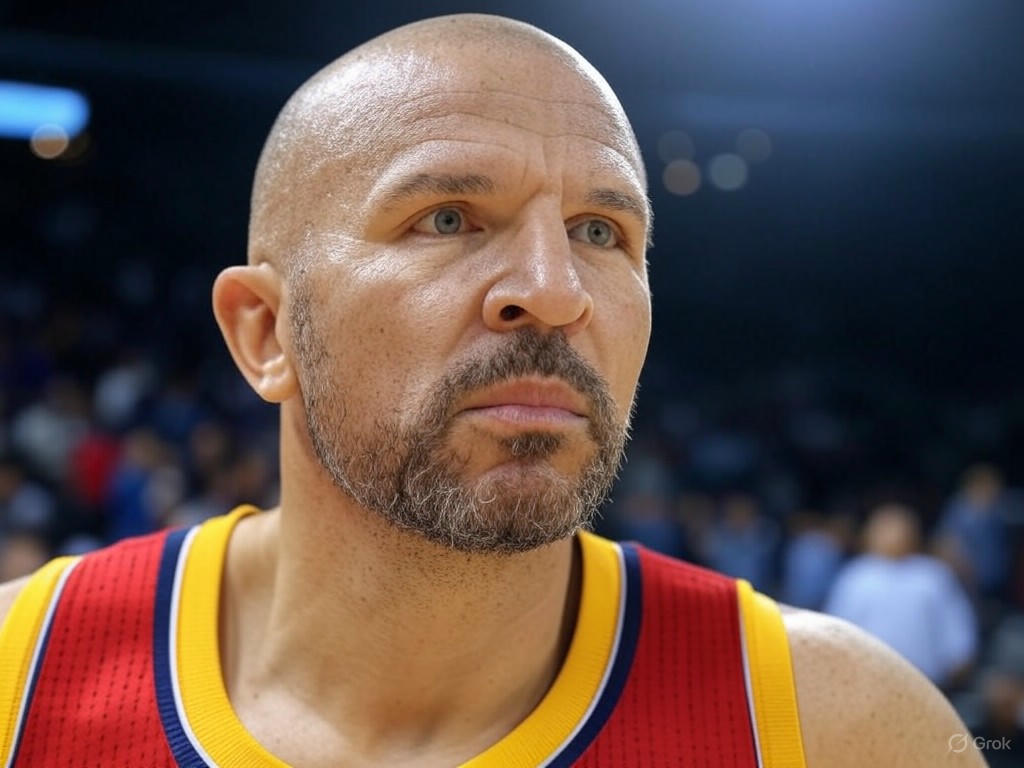The Dual Legacy of Jason Kidd: Genius and Controversy
Jason Kidd’s name is synonymous with basketball brilliance. A maestro on the court, Kidd redefined the point guard position with a rare blend of vision, tenacity, and skill during his playing days. His ability to anticipate plays, deliver pinpoint passes, and elevate teammates made him a generational talent, earning him a spot among the game’s elite. With a career spanning nearly two decades, he racked up accolades, including an NBA championship with the Dallas Mavericks in 2011, and left an indelible mark on the sport. Yet, for all his undeniable greatness, there’s a shadow that looms over his legacy—a complexity that forces fans and analysts alike to grapple with the full scope of his story.
As a player, Kidd was a magician with the ball, orchestrating offenses with a cerebral approach that few could match. His stats speak for themselves: over 12,000 assists, placing him among the all-time leaders, and a knack for triple-doubles that showcased his versatility. He transformed struggling teams into contenders, most notably with the New Jersey Nets, where he led them to back-to-back NBA Finals appearances in the early 2000s. But off the court, Kidd’s life has been marked by turbulence that often clashes with the heroics of his highlight reels. Personal struggles, including legal issues and publicized incidents, have painted a more complicated picture of the man behind the jersey. These moments, though separate from his on-court achievements, have sparked debates about how to weigh an athlete’s character against their professional legacy.
Now, as a coach, Kidd continues to navigate this duality. Leading the Dallas Mavericks, he has shown flashes of the same strategic genius that defined his playing career, guiding the team with a deep understanding of the game. However, questions linger about whether his past will ever fully recede into the background or if it will remain a footnote that colors public perception. The basketball world is often quick to celebrate talent, but slower to address the human flaws that accompany it. Kidd’s story is a reminder that greatness and imperfection can coexist, challenging fans to reconcile their admiration with the less flattering aspects of an icon’s journey. His contributions to the sport are undeniable, yet the conversation around him remains layered, reflecting broader discussions about accountability and redemption in athletics.
Ultimately, Jason Kidd’s legacy is a tale of two narratives—one of unparalleled skill and another of personal missteps. As time progresses, the question remains: will history remember him solely for his wizardry on the hardwood, or will the darker chapters continue to temper the celebration of his achievements? For now, Kidd stands as a polarizing figure, a reminder that even the brightest stars cast shadows. His impact on basketball is cemented, but the full story of his life is still being written, one complex chapter at a time.


